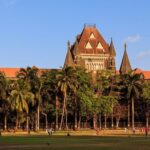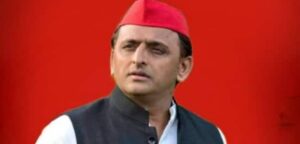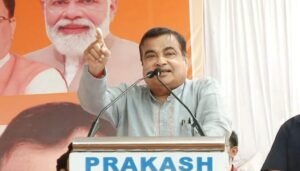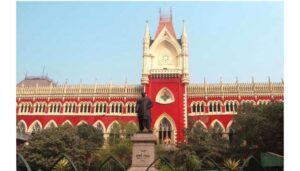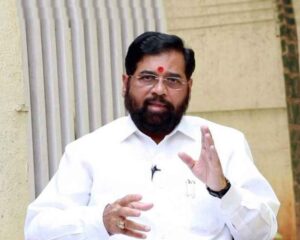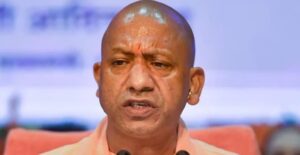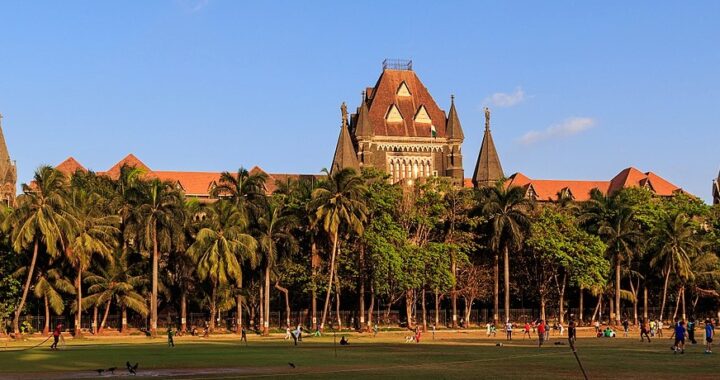
Mumbai: Bombay High Court Delays Decision on Maratha Quota Amidst Election Fervor
Mumbai, 25th April 2024: The ongoing legal battle concerning the 10% quota for Marathas in jobs and education in Maharashtra has significant political and constitutional implications, particularly amidst the backdrop of the forthcoming Lok Sabha elections. The Bombay High Court is set to resume hearings on June 13 regarding challenges to the Socially and Educationally Backward Class (SEBC) Act of 2024, postponing any decision on interim measures until after the elections on June 4.
The Maratha community, constituting almost a third of Maharashtra’s population, has long sought reservation benefits, making it a crucial electoral issue. Previous attempts to enact such quotas faced legal hurdles, emphasizing the importance for the state government to secure judicial approval for the current legislation.
The SEBC Act of 2024 was enacted following a report by the Maharashtra State Backward Class Commission (MSBCC), which identified Marathas as a socially and educationally disadvantaged group. However, the legitimacy of this report and the constitutional validity of the law have been contested in court.
Opponents argue that the law violates the 50% reservation ceiling set by the Supreme Court in previous rulings, such as the ‘Indra Sawhney’ case. Furthermore, concerns have been raised regarding the appointment of Justice Shukre to lead the MSBCC.
During the ongoing High Court hearings, questions have been raised about the differences between the current law and its predecessor, which was struck down by the Supreme Court in 2021. Critics contend that the 2024 Act merely replicates the flaws of its predecessor without addressing the constitutional concerns raised by the court.
Legal experts have argued that the state government overstepped its authority by enacting the law without first amending the Constitution to permit reservations exceeding the 50% limit. Additionally, criticisms have been directed at the methodology and conclusions of the Shukre Commission’s report, casting doubt on its reliability.
Overall, the legal proceedings surrounding the Maratha quota highlight complex issues of social justice, constitutional interpretation, and political maneuvering, with far-reaching implications for Maharashtra’s socio-political landscape.



